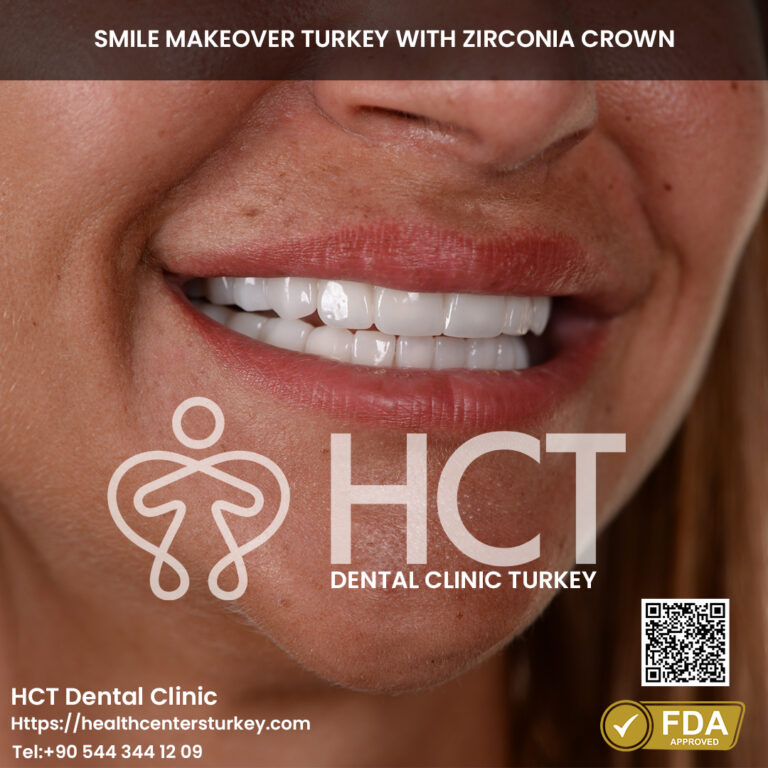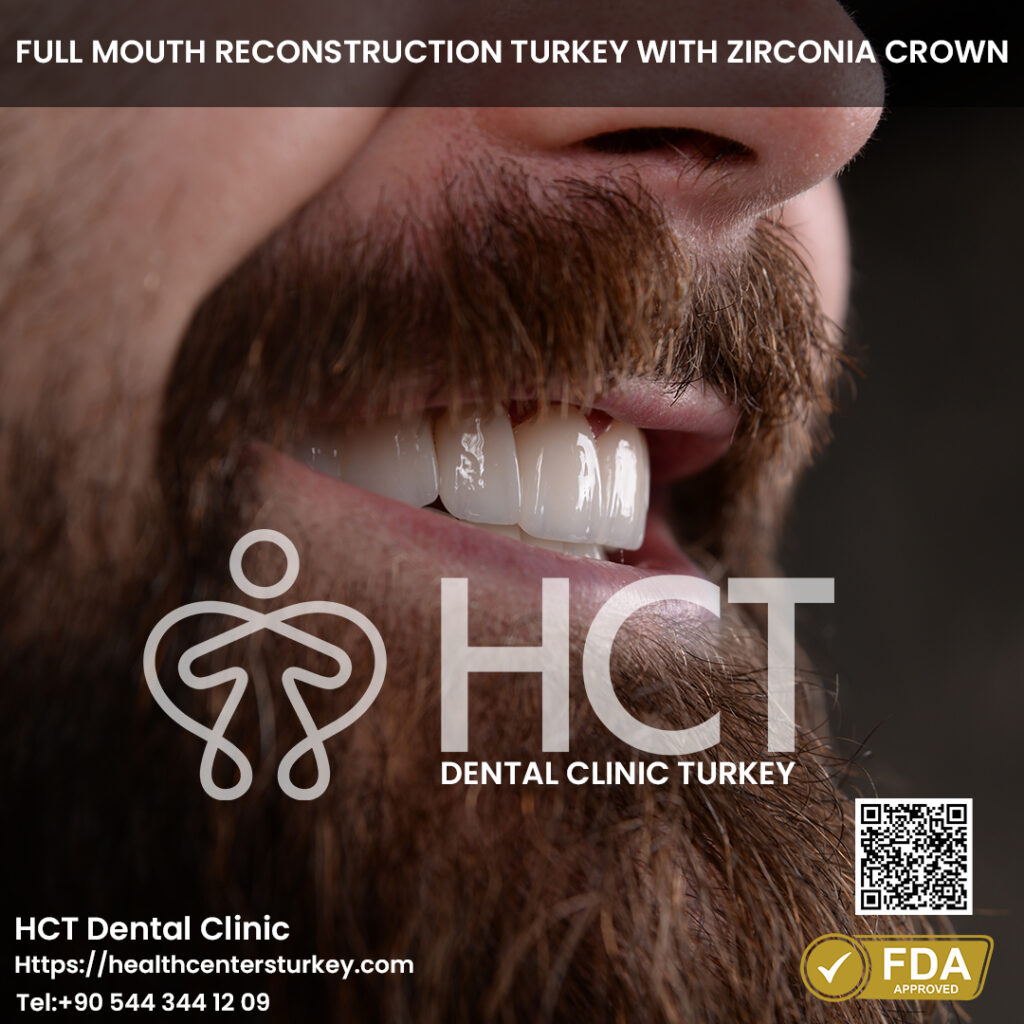Experience World-class Dental Care at Unbeatable Prices
Experience World-class Dental Care at Unbeatable Prices
Blog Article
Life-Changing Dental Care Experiences for Foreign Patients

Dental implants have turn out to be a focal point in trendy dentistry, offering a dependable solution for those going through tooth loss. Among the multiple advantages they offer, one vital aspect value contemplating is their impact on adjacent teeth. Understanding how dental implants have an result on surrounding teeth aids in making knowledgeable decisions about oral health.
When a tooth is misplaced, neighboring teeth can simply shift toward the house left behind. This movement can lead to misalignment, which compromises the general chew and performance of the mouth. Dental implants mimic natural tooth roots, thereby maintaining the position of adjacent teeth.
Comprehensive Oral Health Packages for Every Budget
The stability supplied by an implant is essential, as it helps in preserving not simply the physical alignment but in addition the structural integrity of the jawbone. When a tooth is missing, the underlying bone can begin to deteriorate because of lack of stimulation. An implant exerts strain on the bone throughout chewing, similar to a natural tooth, which promotes bone health.
In some cases, a bridge or partial denture could additionally be considered as a substitute for implants. While these choices may restore some functionality, they'll place extra stress on neighboring teeth. Bridges usually require filing down the encircling teeth to accommodate the anchors, thereby affecting their health over time. Dental implants, on the opposite hand, do not alter existing teeth, making them a more conservative selection.
Transform Your Smile using Porcelain Veneers
Hygiene becomes another crucial issue when contemplating adjacent teeth within the context of implants. With dental implants, the individual can maintain a regular hygiene routine just like natural teeth. Flossing and brushing across the implant are easy, guaranteeing that the gum tissue stays healthy and minimizing the risk of gum disease that could adversely affect adjacent teeth.
Moreover, the supplies utilized in dental implants are biocompatible. This means they're designed to integrate properly with the body, lowering the chances of an adverse reaction. This attribute not only makes the implant protected but in addition protects close by teeth from potential points that might come up due to contamination or infection.
In terms of aesthetics, dental implants offer a natural look and feel, closely resembling original teeth. Adjacent teeth benefit from this aesthetic appeal as well. When an implant is placed, the surrounding gum tissue can be shaped to mimic natural contours, thereby enhancing the overall appearance of the smile. This aesthetic issue can encourage people to put cash into their oral care routines, benefiting each the implants and adjacent teeth in the long run.
Navigating Dental Clinics in Turkey
Another concern is the potential for gum disease, which might have an result on the health of adjacent teeth. Gum disease can happen when plaque builds up round teeth and implants. Regular dental visits and applicable oral hygiene can mitigate this concern. The presence of implants can also serve as a motivator for higher dental hygiene practices, as people turn out to be more conscious of maintaining their total mouth health.
Studies have proven that dental implants can contribute to a big improvement in address quality of life. Patients often expertise elevated confidence and are less hesitant to smile or engage in social interactions. A wholesome and well-maintained smile not directly promotes better care for adjacent teeth, as people tend to turn out to be more conscious of their total oral hygiene.
One often-overlooked facet is the psychological influence of dental implants on patients. Knowing that implants provide long-term options can ease the nervousness associated with tooth loss. With fewer worries about future tooth shifts, sufferers usually have a tendency to make investments time and effort into caring for his or her teeth, which incorporates adjacent teeth.
In conclusion, dental implants serve as more than only a answer for missing teeth; they play a pivotal role in sustaining the health and integrity of adjacent teeth. From stopping misalignment to promoting gum health and enhancing aesthetics, the advantages are manifold. By opting for implants, people cannot only restore performance but in addition foster a more healthy oral surroundings for surrounding teeth. The psychological and aesthetic advantages further contribute to an total enhanced quality of life.
Prepare for Your Dental Transformation in Turkey
In the long run, understanding how dental implants affect adjacent teeth can guide people in making empowered decisions concerning their dental health. The integration of these implants into the mouth acts as a stabilizing drive, safeguarding both the bodily alignment and performance of neighboring teeth, while selling a long-lasting, healthy smile.
- Dental implants sometimes don't exert strain on adjacent teeth, sustaining their integrity and reducing the danger of shifting or misalignment.
- The placement of an implant often encourages better oral hygiene habits, positively influencing the health of adjacent teeth by way of improved cleaning practices.
Low-Cost Dental Care with Quality Assurance
- In some circumstances, dental implants can stimulate the surrounding bone, which helps protect the natural teeth's position and general dental structure.

- The hole left by missing teeth can result in bone loss; dental implants can prevent this, thereby protecting adjacent teeth from potential complications.
- Complete Smile Transformation Services Available in Turkey
Reasonably Priced Teeth Whitening for a Radiant Smile
- By restoring the perform of a missing tooth, implants help distribute chunk forces evenly, decreasing wear and stress on neighboring teeth.

- Properly placed dental implants can act as a assist structure, stopping undesirable movement of adjacent teeth resulting from tooth loss.
- The presence of an implant may enhance the aesthetic appearance of surrounding teeth by filling in gaps and supporting facial structure.
Uncover Comprehensive Cosmetic Treatments throughout Turkey
- Dental implants get rid of the necessity for adjacent teeth alteration, unlike bridges, which require reshaping the nearby teeth for support.
- Implants additionally scale back the chance of gum disease in comparison with other tooth replacement options, indirectly benefiting adjacent teeth by promoting general oral health.
Explore Budget-friendly Dental Services in Turkey.
- Long-term success of dental implants is linked to the health of surrounding teeth, emphasizing the importance of regular dental check-ups and maintenance.
How do dental implants have an effect on adjacent teeth?
Discover Full Range of Dental Treatments within Turkey
What are dental implants and the way do they work with adjacent teeth?undefinedDental implants are synthetic tooth roots positioned into the jawbone to help replacement teeth. They don’t have an result on adjacent teeth immediately, as they are independent structures. Instead, they may help preserve the integrity of surrounding teeth by stopping bone loss.
Can dental implants cause damage to adjacent teeth?undefinedIf placed accurately, dental implants should not hurt adjacent teeth. However, improper placement can result in issues like misalignment or strain, emphasizing the significance of selecting an experienced dental click this professional.
Will dental implants promote bone growth round adjacent teeth?undefinedYes, dental implants assist stimulate the jawbone, which may encourage bone growth. This can profit adjacent teeth by sustaining bone density and stability in the area.
Finding the Best Dental Care in Turkey
Should I fear about gum disease affecting adjacent teeth after getting an implant?undefinedGood oral hygiene is crucial after getting an implant. Gum disease can still have an result on adjacent teeth, however a correctly maintained implant does not increase that risk. Regular dental visits may help monitor and preserve gum health.
What happens to adjacent teeth if I lose a dental implant?undefinedIf a dental implant fails or is lost, adjacent teeth could shift due to modifications in bite alignment and assist structure. This might lead to misalignment or extra tooth loss if not addressed.
Are there any special care requirements for adjacent teeth after getting implants?undefinedMaintaining good oral hygiene practices, together with regular brushing, flossing, and dental check-ups, is essential for each dental implants and adjacent teeth to stop decay and gum disease.
Competitive Cosmetic Dental Veneers for Patients
Do dental implants help support adjacent teeth when chewing?undefinedAbsolutely. Implants can enhance general bite operate, which may alleviate stress on adjacent teeth during chewing. This can result in better distribution of forces, selling oral health.
How can I prevent problems with adjacent teeth and implants?undefinedConsistent dental care, including skilled cleanings and examinations, regular brushing and flossing, and following your dentist’s aftercare directions, are key to preventing complications.
Can adjacent teeth transfer if I truly have a dental implant?undefinedAdjacent teeth may transfer if they aren't well-supported, especially after tooth loss. A dental implant helps preserve the structure, decreasing the risk of shifting teeth. Report this page